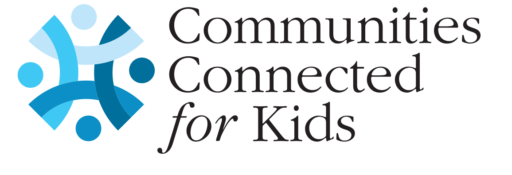Kinship Caregivers
When a child is not able to safely remain at home with their parents, a relative or non-relative caregiver who is willing and able to provide care for the child, is the next best alternative. This allows the child to maintain connections with the family and can also provide more stability when the caregiver lives near the child and their familiar surroundings, such as schools, friends, and the local community. When a judge determines that a child is not able to stay safely in his or her home, every effort is made to place the child with a caregiver with whom the child has a relationship and feels comfortable. This may be a relative like a grandparent, aunt/uncle, cousin, or even adult sibling; it may also be someone who is not a blood relative but has a close relationship with the child, such as a godparent, mentor, church leader, or close family friend.
We know that Kinship caregivers sometimes face unique challenges when taking on the responsibility of caring for a child, and we want you to know that support is available. Click here to go to the FAQ page for more information.
Services for Kinship Caregivers
Once a judge decides a child can no longer safely remain with their guardian and a court ordered placement is made with a Kinship Caregiver, a Kinship Navigator will contact you to offer support. Supports offered are tailored to the individual needs of the child and family which includes access to medical, dental and therapeutic services, trauma-informed training, connections to community resources and financial resources. Your Kinship Navigator will also discuss the next steps to completing Level I licensure. Download our Relative/Non-Relative Caregiver Brochure to learn more about becoming a licensed Kinship Caregiver. Once you complete the process, you will receive a monthly board payment for each child.

